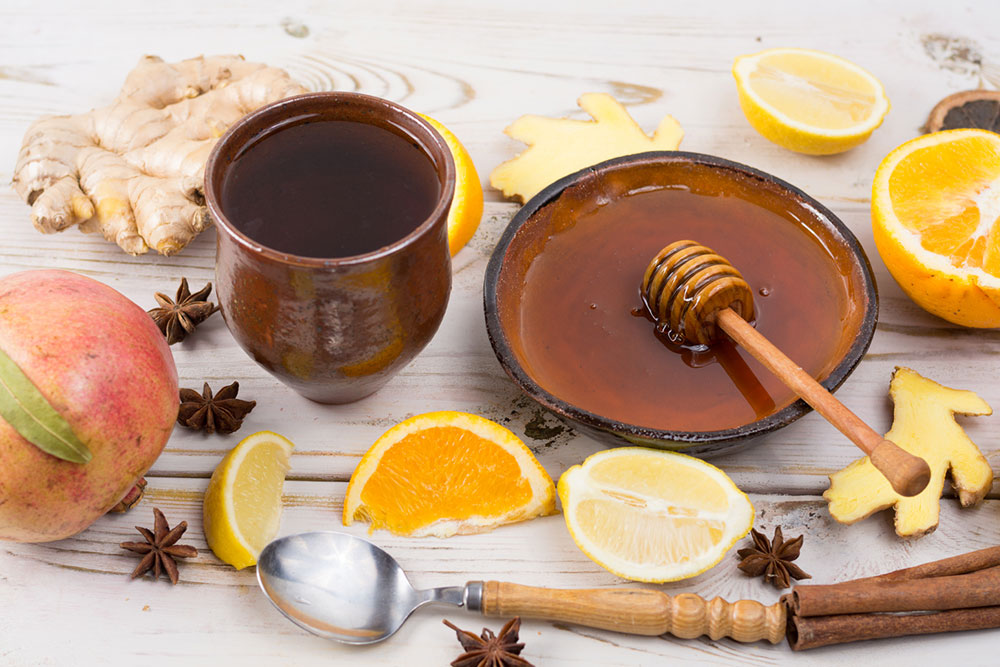Comprehensive Guide to Effective Remedies for Common Coughs
This comprehensive guide explores effective remedies and home treatments for common coughs. From natural remedies like hydration and steam inhalation to over-the-counter medications such as decongestants and lozenges, discover how to alleviate cough symptoms and promote faster recovery. Learn when to see a doctor for persistent or severe coughs to ensure proper care and relief.

Comprehensive Guide to Effective Remedies for Common Coughs
A cough is one of the body's natural defenses, serving as an automatic reflex to clear the airways and protect the respiratory system. Though often harmless, coughing can be uncomfortable and disruptive, prompting many to seek relief through various remedies. Coughs are generally classified into two main types: acute and chronic. Acute coughs typically last less than three weeks and are often caused by infections like colds or flu, while chronic coughs persist longer, sometimes indicating underlying health issues that require medical evaluation.
Understanding the nature of your cough can guide you towards appropriate treatment options. While most coughs resolve on their own or respond well to home remedies, some cases may necessitate medications prescribed by healthcare professionals. Nevertheless, many individuals find that natural and over-the-counter remedies effectively provide relief and manage symptoms efficiently, especially in mild cases.
Decongestants: These medications, available as nasal sprays, tablets, or liquids, are commonly used to reduce nasal swelling and excess mucus production. By narrowing blood vessels in the nasal passages, decongestants help open up blocked airways, making breathing easier. However, they should be used with caution and under medical supervision, particularly for individuals with hypertension, heart disease, or other cardiovascular concerns. Overuse can lead to rebound congestion, worsening symptoms over time.
Cough Expectorants: Often recommended to alleviate nighttime coughing, expectorants thin the mucus in the airways, facilitating its expulsion through coughing. This makes it easier to clear congested lungs and reduces the frequency and severity of coughing fits, especially when dealing with thick phlegm accumulation.
Lozenges: Throat lozenges are a popular, easy-to-use remedy providing temporary relief from sore throat discomfort that frequently accompanies coughing. Made from soothing ingredients such as honey, herbal extracts, citrus, and spices, lozenges coat the throat, reduce irritation, and can suppress the cough reflex. They are widely available and can be useful as part of a multi-faceted approach to cough management.
Aside from medications, several home remedies have proven effective in easing cough symptoms and promoting recovery:
Hydration: Consuming plenty of fluids, especially warm beverages like herbal teas with honey, helps keep mucus thin and pliable. Adequate hydration soothes the throat, reduces irritation, and diminishes the urge to cough, facilitating a faster healing process.
Steam Inhalation: Inhaling steam from a hot shower, bowl of hot water, or using a humidifier can significantly reduce nasal congestion. The warm moisture helps loosen dried mucus in the nasal passages and respiratory airways, alleviating blockages and easing coughing caused by dryness or allergies. Adding essential oils like eucalyptus can enhance the soothing effect.
Managing a cough effectively involves understanding its cause, choosing appropriate remedies, and paying attention to symptom severity. If cough persists beyond three weeks, worsens, or is accompanied by other symptoms such as high fever, shortness of breath, or blood in sputum, consulting a healthcare provider is essential for accurate diagnosis and targeted treatment. In most cases, a combination of home strategies and over-the-counter solutions provides sufficient relief, allowing individuals to recover comfortably and quickly from common coughs.





